Adult Acne: Why Am I Still Breaking Out a Decade Past Puberty?
Feb 01, 2024 By Nancy Miller
Acne is a common skin condition that affects people of all ages. While it is often associated with puberty and teenage years, many adults also struggle with acne well into their 20s, 30s, and even beyond. This article will explore the reasons behind adult acne and how to manage it.
What causes adult acne?
Several factors can contribute to adult acne:
Hormonal Changes
Just like during puberty, hormonal changes in adulthood can cause an increase in oil production, which leads to clogged pores and breakouts.
Stress
High-stress levels can trigger the release of hormones that stimulate oil production and inflammation in the skin, leading to acne flare-ups.
Diet
Consuming foods high in sugar or dairy products has been linked to an increased risk of developing acne due to their effect on hormone levels.
Skincare Products
Using harsh or comedogenic (pore-clogging) skincare products can aggravate existing acne or lead to new breakouts.
Why am I suddenly breaking out on my cheeks?
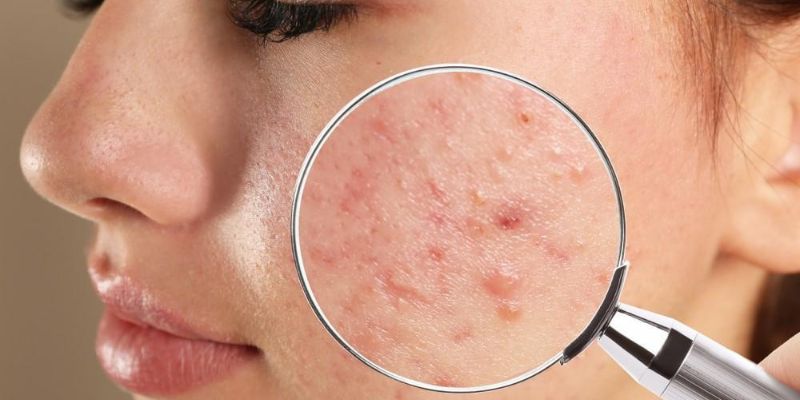
Hormonal imbalances
Hormonal imbalances, particularly in women, can have a significant impact on the skin, leading to breakouts and acne. Hormones play a crucial role in regulating oil production in our skin, and when these hormones are imbalanced, they can result in excess oil production and clogged pores.
One common hormonal imbalance that can cause breakouts is an increase in androgens, such as testosterone. Androgens stimulate the sebaceous glands in the skin to produce more oil, leading to clogged pores and the development of acne. This hormonal imbalance comes in women during puberty, menstrual cycles, pregnancy, and menopause.
Stress
Stress can also play a role in hormonal imbalances and the development of acne. When we are under stress, our bodies release stress hormones like cortisol. These stress hormones can stimulate oil production in the skin, leading to clogged pores and breakouts. Stress hormones can also trigger inflammation in the skin, making existing acne worse and delaying the healing process.
It's important to note that while hormonal imbalances and stress can contribute to the development of acne, they are not the sole causes. Genetics, diet, and skincare habits also play a role. However, addressing hormonal imbalances and managing stress can be beneficial in reducing breakouts and improving overall skin health.
Why am I still getting pimples after puberty?
Many people assume that once they reach adulthood, they will no longer have to deal with the pesky problem of pimples. However, this is only sometimes the case. There are several reasons why you may still be getting pimples after puberty.
Firstly, hormonal fluctuations can continue to affect your skin even after puberty. Hormones like testosterone can stimulate excess oil production, which can clog your pores and lead to acne. It is widespread in women during their menstrual cycle or pregnancy.
Another reason for persistent acne is genetics. If your parents or close family members struggled with acne, there is a higher likelihood that you will, too. Genetics can influence factors like the size and activity of your oil glands and how your skin responds to inflammation.
Additionally, certain lifestyle factors can contribute to ongoing acne. Poor diet, lack of sleep, stress, and not properly caring for your skin can all play a role in developing pimples. Maintaining a healthy lifestyle, including a balanced diet, regular exercise, and proper skincare routine, is essential to minimize breakouts.
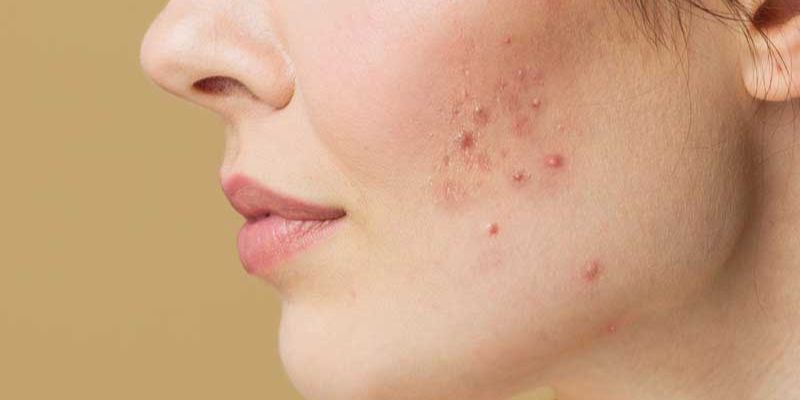
Lastly, using the wrong skincare products or misusing them can exacerbate acne. Harsh cleansers or moisturizers can strip away natural oils and irritate the skin, leading to more breakouts. It's essential to choose products suitable for your skin type and avoid excessive scrubbing or picking at your pimples.
If you're still struggling with acne after puberty, it may be beneficial to consult a dermatologist. They can assess your situation and recommend appropriate treatments or medications to help control your acne. Remember that everyone's skin is different; finding the right solution may take trial and error.
How to treat adult acne?
Managing adult acne can be challenging, but following some practical tips can effectively prevent and reduce breakouts.
Skincare Routine
Adopting a consistent skincare routine is one of the most critical aspects of managing acne. It includes cleansing your face twice daily with a gentle cleanser to remove dirt, oil, and impurities.
Avoid harsh products that can irritate the skin and strip away natural oils, as this can worsen acne. Instead, opt for non-comedogenic and oil-free products specifically formulated for acne-prone skin.
Keeping the Skin Clean
Keeping your skin clean is also crucial in managing adult acne. Avoid touching your face throughout the day, as this can transfer bacteria and oils onto the skin, leading to breakouts.
Regularly washing your pillowcases and avoiding sleeping with makeup on can help keep your skin clean and free from acne-causing bacteria.
Healthy diet and lifestyle choices
In addition to a consistent skincare routine, a healthy diet and lifestyle choices must be balanced in preventing and reducing acne breakouts. A balanced diet rich in fruits, vegetables, whole grains, and lean proteins can give your skin the nutrients it needs to maintain a healthy complexion. Drinking plenty of water can also help flush toxins and hydrate your skin.
Avoiding triggers
Furthermore, avoiding triggers such as stress, smoking, and excessive sun exposure can help prevent acne flare-ups. Stress can disrupt hormone levels and contribute to acne, so finding healthy ways to manage stress, such as practicing relaxation techniques or engaging in regular exercise, is essential.
Similarly, smoking damages the skin and can exacerbate acne. Protecting your skin from harmful UV rays by wearing sunscreen and limiting sun exposure can also help prevent acne breakouts.
Conclusion
While dealing with adult acne can be frustrating, know that you are not alone and there are ways to manage it. By understanding the causes of your breakouts and taking steps towards a healthy lifestyle and skincare routine, you can achieve clearer skin and boost your confidence. Remember to always treat yourself with kindness and patience throughout this process.
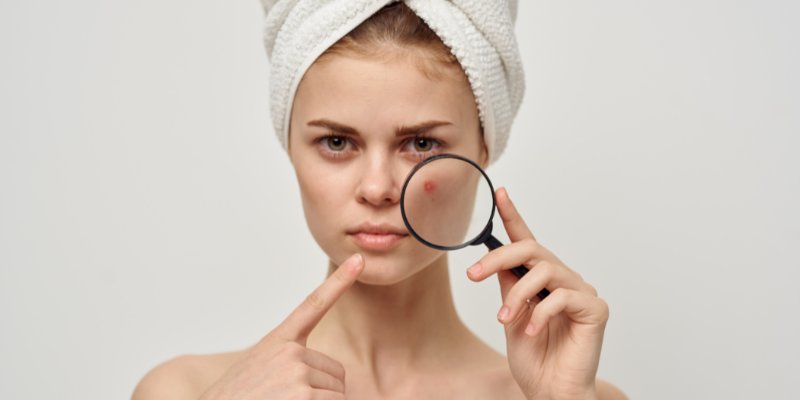
Managing Acne-Prone Skin: Causes and Care Tips

5 Unexpected Reasons for Regaining Weight—and Tips to Keep It Off for Good

5 High-Calorie-Burning Workouts Better Than Running
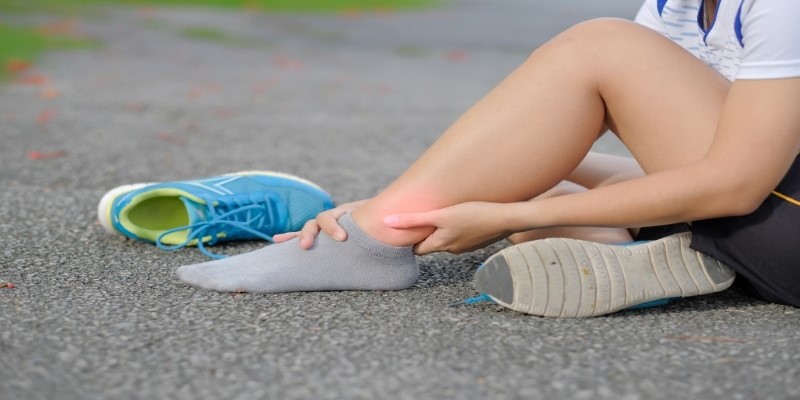
Ankle Resilience: A Comprehensive Rehab Exercise Program for Sprains
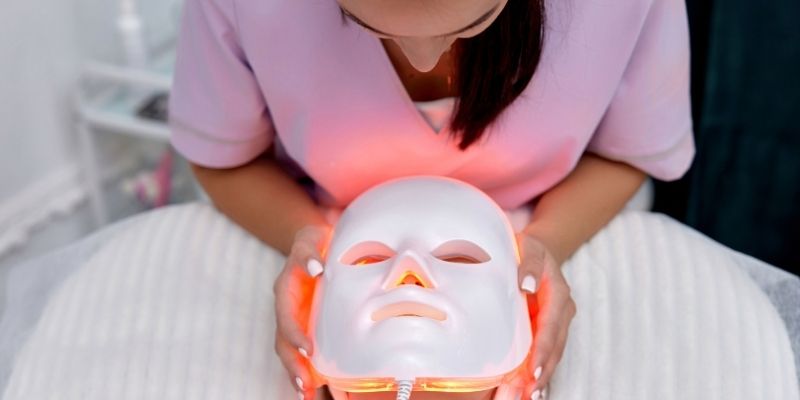
At-Home LED Light Therapy: Is This Skincare Revolution Right for Your Face?

How Exercise Can Help Boost Your Memory: A Complete Understanding
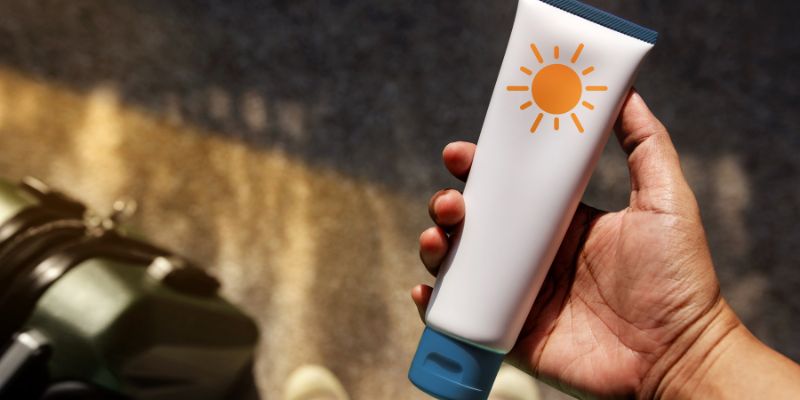
How To Get The Most Protection From Your Sunscreen


